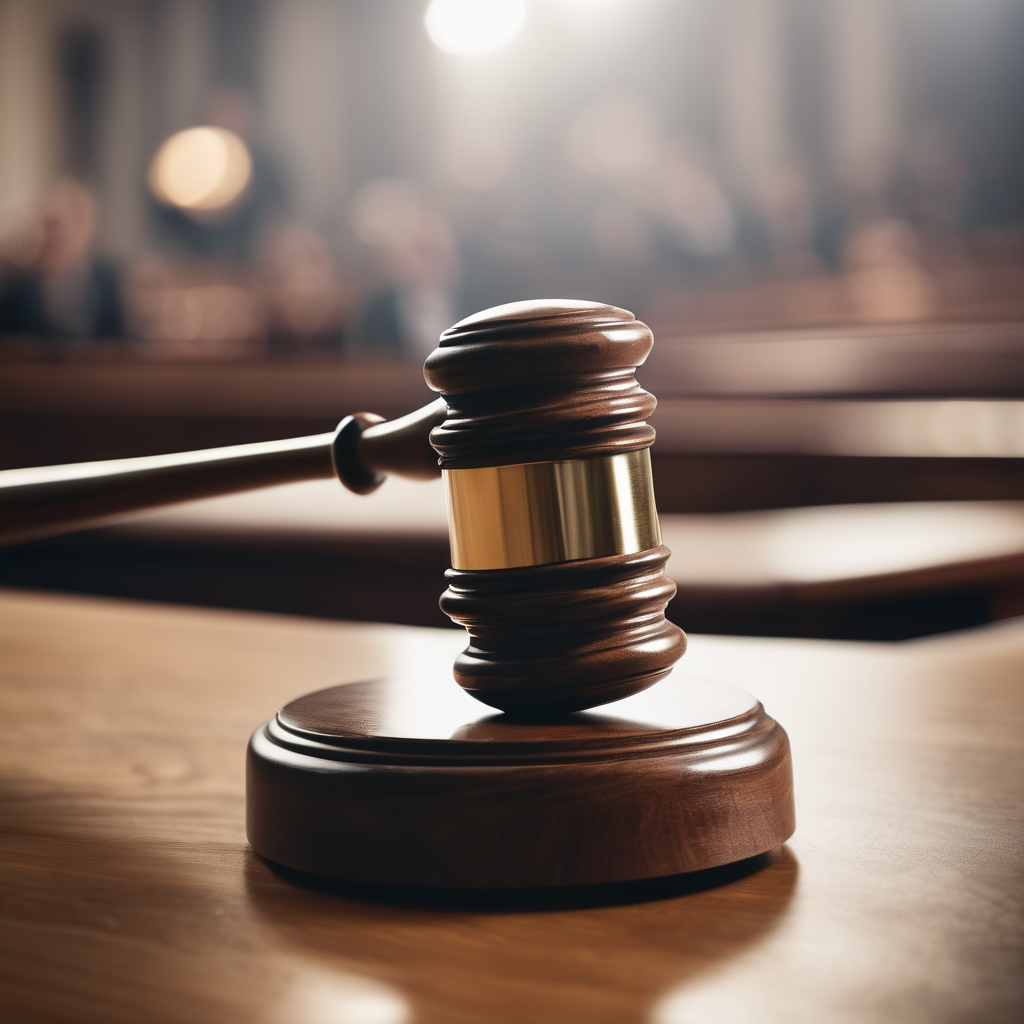Ryan Routh, accused of attempting to assassinate former President Donald Trump at his Florida golf club, opted not to testify on Monday as his trial unfolded. Representing himself, Routh concluded his defense after questioning witnesses, including a firearms expert and two character witnesses. With closing arguments scheduled for Tuesday, the jury will soon begin deliberations.
Routh faces serious charges, including attempting to assassinate a major presidential candidate, assaulting a federal officer, and multiple firearm-related offenses. This incident was the second such attempt on Trump during last year’s campaign, following a shooting at a Pennsylvania rally where a bullet narrowly missed the former president.
Prosecutors argue that Routh meticulously planned to kill Trump, positioning himself in shrubbery at the West Palm Beach golf club where Trump was playing. A Secret Service agent testified that Routh was spotted before he could execute his plan, prompting the agent to intervene, causing Routh to abandon his rifle and flee.
In a key testimony, firearms expert Michael McClay explained that Routh’s rifle would have given him a clear view of his target, but it malfunctioned during a trial test. McClay noted that a scope on the firearm was poorly secured, reducing its effectiveness. Prosecutors countered by suggesting lack of maintenance contributed to the weapon’s issues.
Character witnesses, including a former employee and a friend of Routh’s son, portrayed Routh as peaceful, though they hadn’t interacted with him for years. Their testimonies sparked brief exchanges with Routh, including an odd question about hosting a music festival in Taiwan.
Throughout the trial, the U.S. Attorney’s Office for the Southern District of Florida built their case over a seven-day period, calling 38 witnesses to ensure severe punishment for Routh. Interestingly, Routh has chosen self-representation, having been granted permission by District Judge Aileen Cannon. His previous court-appointed attorneys serve as standby counsel.
The trial, initially expected to take more than three weeks, has advanced quicker due to Routh’s concise defense. Routh, described as a self-styled mercenary leader, has a history of involvement in various conflicts and brushes with the law. His past includes recruiting efforts during the Ukraine conflict and a 2002 arrest in North Carolina for eluding officers with heavy-duty weaponry.
In addition to the federal charges, Routh faces state charges, including terrorism and attempted murder. Two others linked to the rifle he allegedly brandished during the incident have also faced legal consequences, though they claimed ignorance of Routh’s intentions.
This case underscores the complexities of legal proceedings when high-profile individuals are involved, highlighting the challenges of mental competence, the intricacies of self-representation, and the broader implications of such grave accusations.
